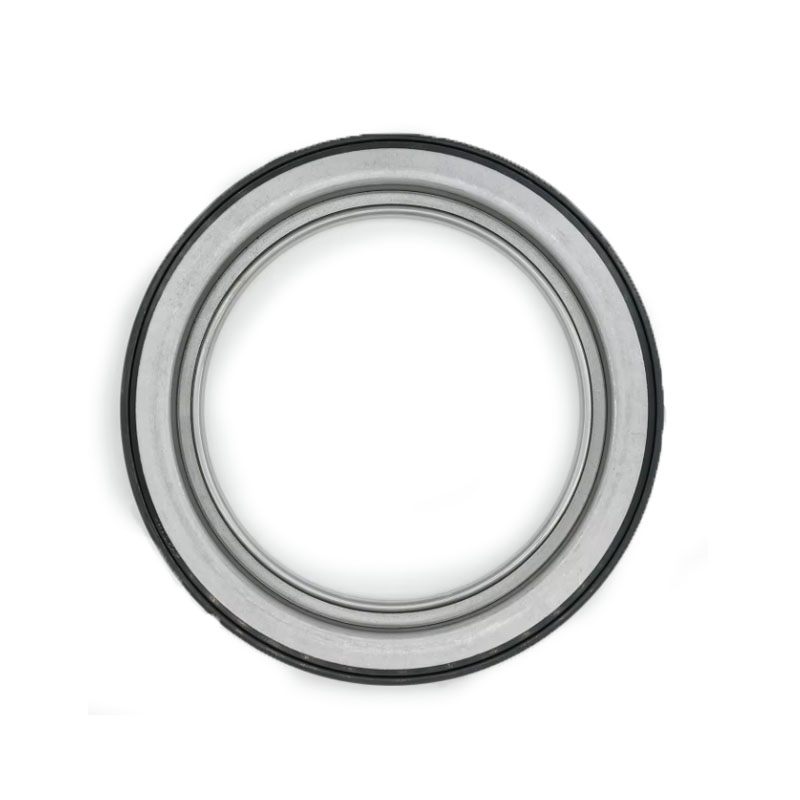Understanding the Importance of Oil Filter Cooler Gaskets for Engine Performance and Longevity
Understanding Oil Filter Cooler Gaskets Importance and Maintenance
The oil filter cooler gasket plays a crucial role in the efficient functioning of your vehicle’s engine. Positioned at the intersection of the oil filter and the cooler, this gasket ensures a proper seal, preventing oil leaks and maintaining optimal oil circulation. A well-functioning gasket can enhance engine performance, prolong the life of engine components, and contribute to overall vehicle reliability. In this article, we will delve into the significance of oil filter cooler gaskets, common issues associated with them, and tips for maintenance.
Importance of Oil Filter Cooler Gaskets
The primary function of the oil filter cooler gasket is to create a reliable seal that prevents oil from leaking out of the system. In an internal combustion engine, oil serves several vital roles lubricating moving parts, reducing friction, and helping to dissipate heat. When the oil filter cooler gasket is compromised, it can lead to one or more of the following issues
1. Oil Leaks A worn or damaged gasket can result in oil seeping out, leading to low oil levels and potential engine damage if not addressed promptly. 2. Overheating The oil filter cooler plays a significant role in regulating engine temperature. A faulty gasket can impede this function, resulting in overheating, which can severely damage engine components. 3. Poor Engine Performance Low oil levels and overheating can lead to reduced engine efficiency and performance, affecting power output and fuel economy.
Common Issues with Oil Filter Cooler Gaskets
Gaskets can wear out over time due to exposure to high temperatures and pressure within the engine. Some common issues that might arise include
oil filter cooler gasket

- Cracking or Brittle Texture Over time, gaskets can become brittle due to heat exposure, leading to potential cracks and subsequent leaks. - Compression Failure If the gasket does not compress adequately, it may fail to create a tight seal, which could allow oil to leak out. - Contamination Dirt and debris can accumulate, compromising the integrity of the gasket and leading to leaks.
Maintenance Tips
To ensure the longevity and performance of your oil filter cooler gasket, consider the following maintenance tips
1. Regular Inspections During routine oil changes, inspect the oil filter and gasket for any signs of wear or damage. Early detection can save you from costly repairs down the line. 2. Use Quality Parts When replacing the oil filter cooler gasket, always choose high-quality parts that meet OEM (Original Equipment Manufacturer) specifications. Inferior products may not perform well under the demanding conditions of an engine. 3. Proper Torque Specifications Ensure that the oil filter is tightened to the manufacturer's specified torque settings to avoid undue pressure on the gasket, which can lead to premature failure. 4. Monitor Oil Levels Regularly check your vehicle’s oil levels and odor to catch leaks early. Any significant drop in oil levels could indicate a problem with the gasket or another component of the oil system.
Conclusion
The oil filter cooler gasket is often an overlooked component in engine maintenance, yet its importance cannot be understated. Understanding its role in ensuring effective engine operation and recognizing common issues can help vehicle owners take proactive steps in maintenance. By conducting regular inspections and using quality replacements, you can extend the life of your vehicle's engine and prevent costly repairs. Investing time in understanding and maintaining your oil filter cooler gasket will reward you with a smoother, more reliable driving experience.
-
Understanding Automotive Oil Seals: Essential Components for Engine and Shaft Protection
News Jul.30,2025
-
The Importance of Heavy Duty Seals in Industrial and Residential Applications
News Jul.30,2025
-
Exploring Industrial Oil Seals: From Felt Oil Seals to TTO and CFW Solutions
News Jul.30,2025
-
Essential Guide to Oil Seals: From Radial to Metal-Cased Seals for Industrial Reliability
News Jul.30,2025
-
Choosing the Right Oil Seals and Gaskets for Industrial and Automotive Applications
News Jul.30,2025
-
Cassette Seals: Durable Sealing Solutions for Harsh Environments
News Jul.30,2025
-
Understanding the Front Main Engine Seal: Purpose, Maintenance, and Installation
News Jul.29,2025
Products categories















